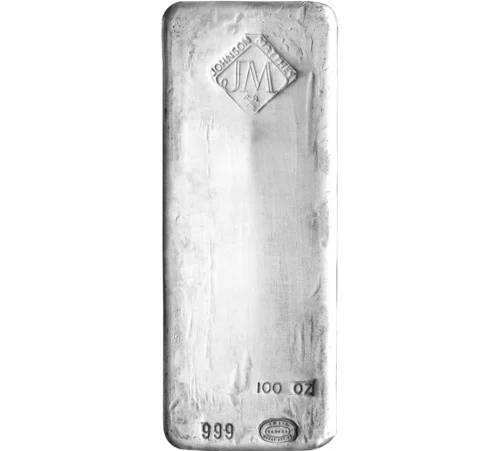Look for Reputable Established Companies
Find merchants with decades of experience. Fair rates and great products have helped established firms retain customers. They also have stronger mint and supplier relationships, providing them with more silver alternatives.
Check the company’s Royal Canadian Mint (RCM) accreditation or distributor license. This demonstrates they follow tight criteria and handle only genuine silver bullion coins and bars.
Choose vendors with secure payment and shipping. Choose those that take credit/debit cards, bank transfers, or other digital currencies and offer fully insured shipping. This protects you if your order or shipping fails.
Finally, trust your intuition.
Check Reputable Organization Certifications
When buying silver, choose a reliable vendor. Check for credentials from reputable organizations like the Canadian Association of Numismatic Dealers (CAND) or the Canadian Precious Metals Association.
Only ethical and best-practice dealers are certified by these organizations. Certified dealers must grade and verify coins, provide product specifications, and stand behind their sales. They also need proper insurance and security.
BBB-accredited dealers should also be considered. Businesses are assessed by the BBB based on their age, complaint history, licensing, and government involvement. An A+ is desirable, but anything above a B is OK.
Beware of Too-Low Prices
- Contact the vendor with any doubts regarding an item’s purity, hallmarks, or provenance. Reputable vendors will happily give papers to prove silver purity.
- Some people sell legitimate silver, but unregulated private sellers on Kijiji or Craigslist are riskier. Without a professional reputation, individuals may offer low-quality silver or counterfeits as real.
- Extremely low silver prices are suspicious. Genuine vendors can’t sell pure or sterling silver for a fraction of the market price and profit. Silver is likely plated, alloyed, or false.
Question Their Sourcing and Authentication
- Discover their silver sources. Reliable merchants buy from huge refiners and mints. They should explain the silver’s origins and purity.
- Numismatists and gemmologists analyse and authenticate inventory at established silver merchants. Third-party grading agencies can also certify items. A merchant without internal expertise or professional verification services may not be able to guarantee genuine silver items.
- Reputable dealers must charge a premium to survive, but their markups shouldn’t be excessive. Compare their pricing to silver’s market value.
You may avoid dishonest silver merchants and uncover honest ones by asking the correct questions about origin, verification, competence, and price.
Thoroughly vet a silver seller using reviews and references.
- Request 3-5 client references from established dealers. Call to inquire about their dealer purchase.
- Select a merchant with safe payment, insured shipment, and fair return policies.
- For added security, buy from a prominent Canadian online bullion broker. They have a solid reputation and provide competitive silver coin, bar, and round pricing. Small independent dealers may be trustworthy, but huge organizations offer more protection for first-time purchasers.







